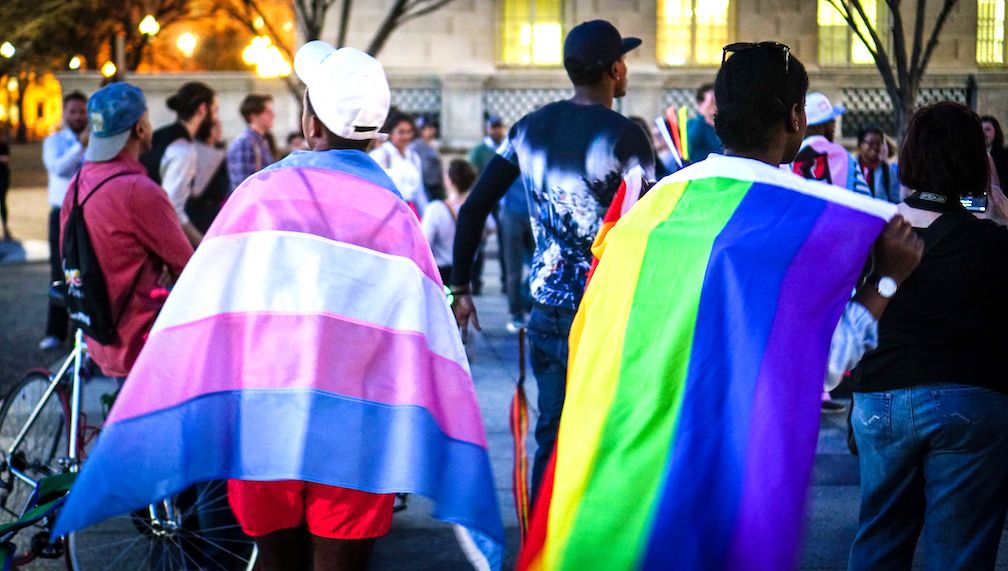
Coming out as an LGBTQ+ person is, for many, a deeply personal and often challenging journey. Now, imagine navigating that path under the intense glare of Hollywood’s spotlight, where your career might literally depend on keeping your true self hidden. It sounds like something from a bygone era, right? Yet, for many LGBTQ+ celebrities, the pressure to stay in the closet has been a very real and persistent reality, even when they were ready to share their authentic selves with the world.
From the moment some of these stars set foot in Los Angeles, they were met with stern warnings. Agents, casting directors, and even fellow actors explicitly advised them to conceal their sexual or gender identity. The reasons given were often rooted in career advancement: securing new roles, gaining public approval, or simply selling more movie tickets or albums. It’s a stark reminder that despite Hollywood’s seemingly progressive facade, a significant undercurrent of fear and outdated views has long persisted.
But here’s the inspiring part: these courageous individuals largely didn’t listen. They chose authenticity over expectation, their truth over manufactured narratives. Their stories are a powerful testament to resilience, illustrating how, despite immense professional risks, living openly and proudly can not only liberate them but also pave the way for a more accepting industry. Let’s dive into the powerful experiences of some of these trailblazing stars who defied the industry’s dictates to live their truth.
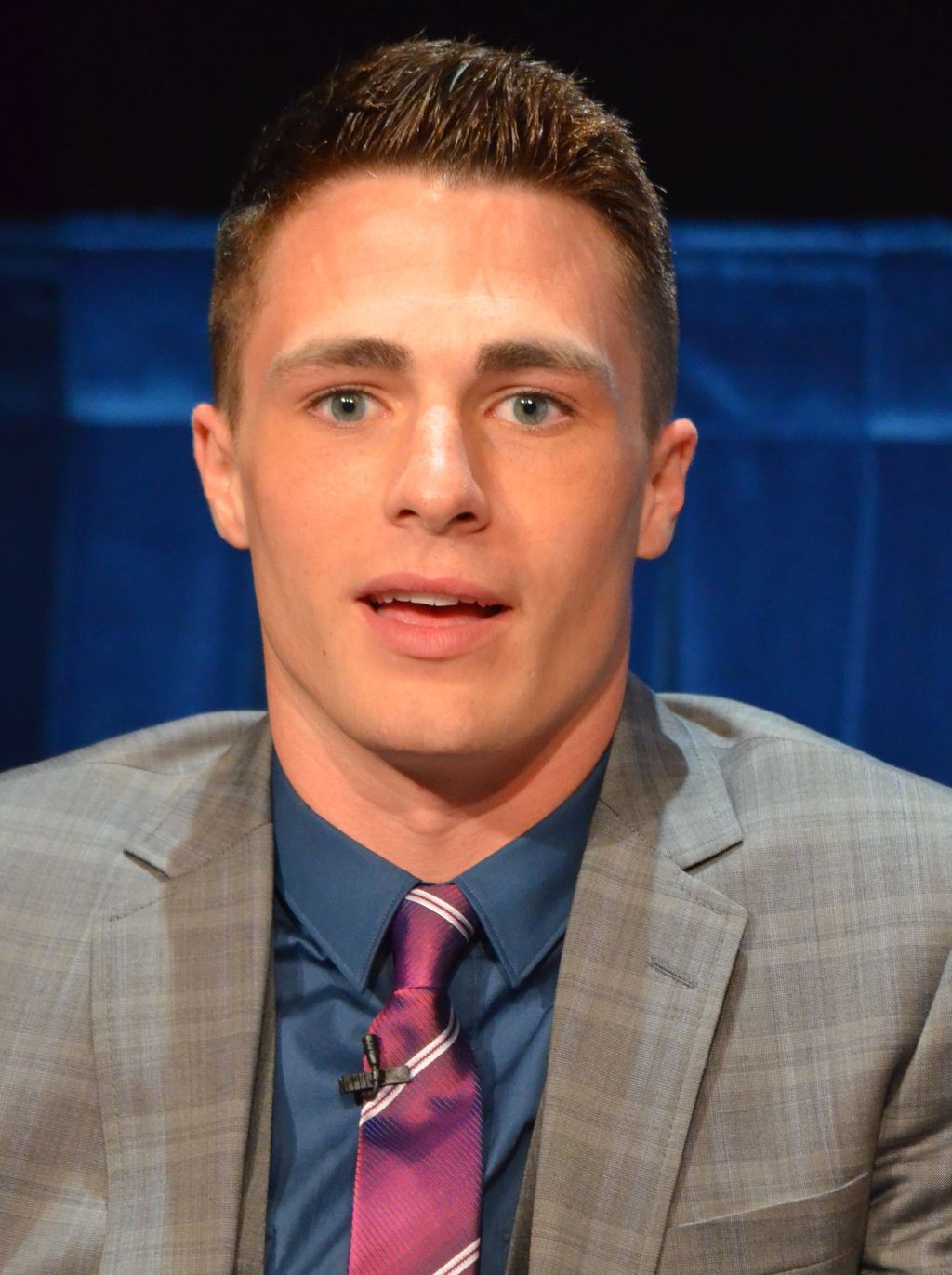
1. **Colton Haynes**: Colton Haynes vividly recalls being told almost immediately after moving to Los Angeles that he couldn’t be gay if he wanted to pursue an acting career. This stark warning initiated years of profound internal struggle for him, forcing him to hide his true self. The immense anxiety stemming from this situation eventually led him to seek help in rehab.
He openly shared that his management team and others explicitly instructed him that he “couldn’t be this way.” They even went to great lengths, attempting to set him up with girls to maintain a heterosexual public image. Colton recounted how he “was rumored to date Lauren Conrad for six months because they were kind of angling a story,” and then he “dated every other young person, which of course I didn’t date.”
This manipulative environment created a constant pressure to perform a straight identity, deeply affecting his well-being. Despite these early, deeply ingrained directives to conceal his sexuality, Colton has bravely stepped into his authenticity, proving that a career in Hollywood doesn’t demand sacrificing one’s true identity. His journey highlights the immense personal cost of such industry expectations.
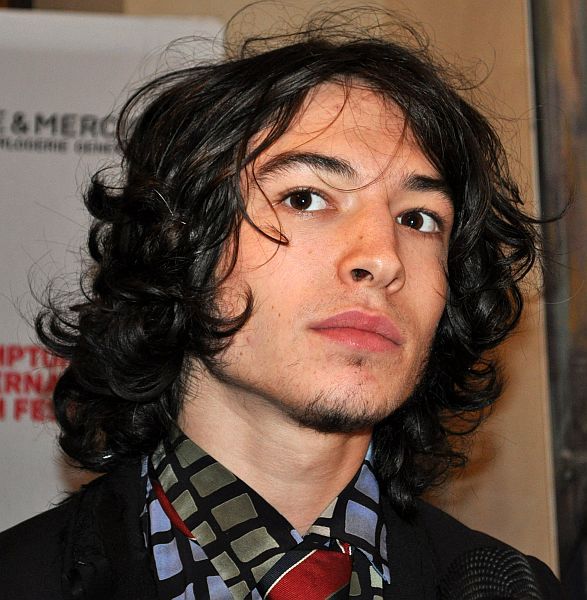
2. **Ezra Miller**: Ezra Miller bravely came out as queer in a 2012 interview, a decision that, shockingly, was met with considerable backlash from many who told him it was a “mistake.” While he chose not to specify the exact individuals who issued these warnings, he candidly admitted to receiving “a lot of stern talking-tos” following his powerful declaration.
These voices, both from within and outside the entertainment industry, cautioned him about the perceived consequences of his openness. They contended that there was a tangible “reason so many gay, queer, gender-fluid people in Hollywood conceal their sexual identity, or their gender identity in their public image.” Ezra was explicitly told that he had done a “silly” thing, essentially “thwarting my own potential to be a leading man.”
Despite these moments of doubt, Ezra ultimately recognized the “rubbish” nature of such advice. He firmly believes that “we are the ones. It’s up to us to manifest the world we want to exist in,” a powerful statement of self-empowerment. Having also notably played the queer character Patrick in *Perks of Being a Wallflower*, Miller continues to be a visible and vocal advocate for authenticity in an industry that has often resisted it.
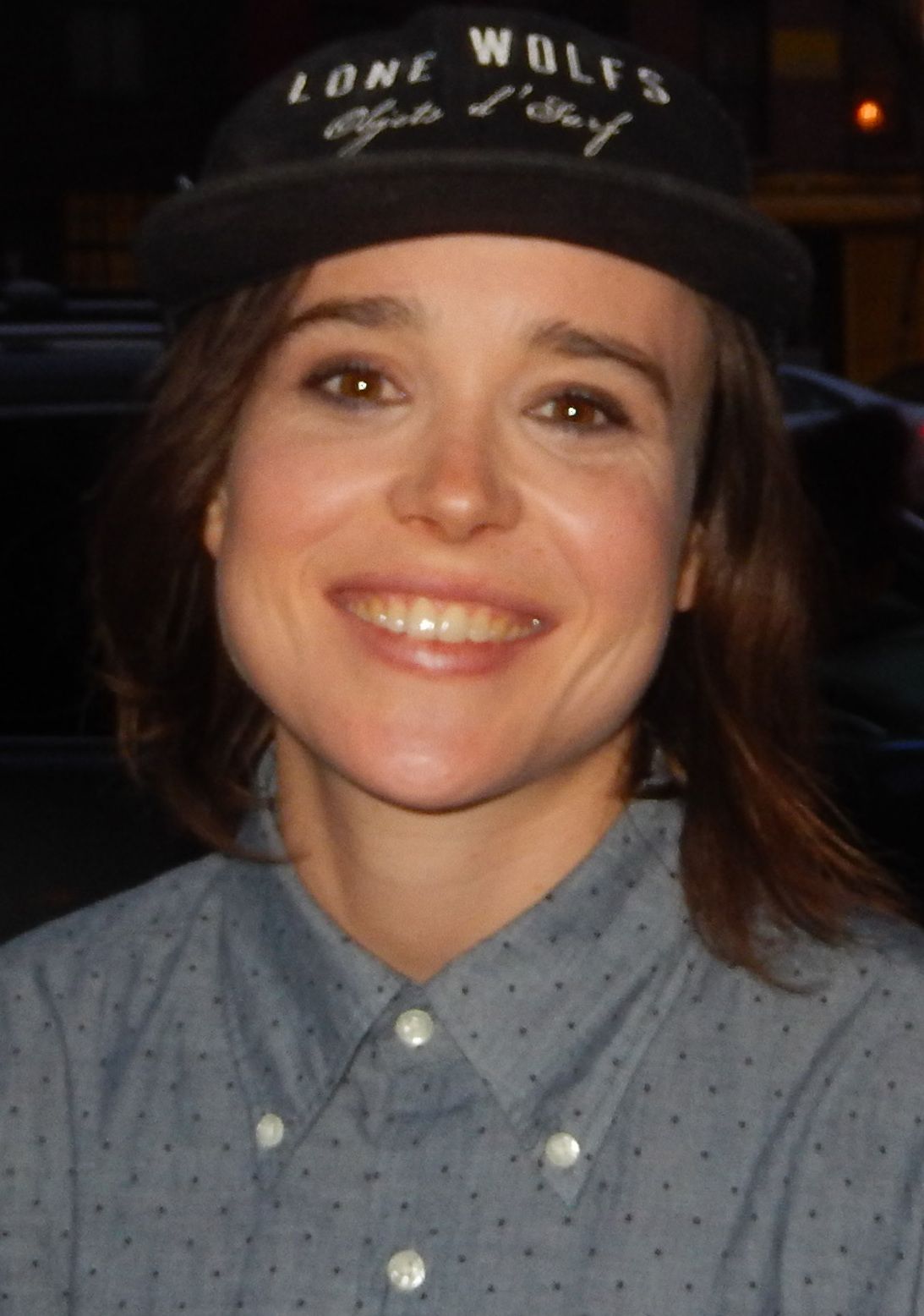
3. **Elliot Page**: Before Elliot Page came out as transgender, he had already bravely come out as gay, a decision made despite significant pressure from many in the entertainment business to remain closeted. He recounted how, as he started to gain recognition, he was “distinctly told, by people in the industry… ‘People cannot know you’re gay.’” This advice came with tangible expectations that went against his comfort and identity.
He was often “pressured—forced, in many cases—to always wear dresses and heels for events and photo shoots.” This imposition was particularly jarring for him, as he pointed out the absurdity of the expectation by stating, “As if lesbians don’t wear dresses and heels.” The constant pressure to present a certain image deeply impacted his sense of self and comfort.
Elliot has since made it clear that he will “never let anyone put me in anything I feel uncomfortable in ever again.” His journey, evolving from coming out as gay to embracing his true self as transgender, stands as a powerful testament to living authentically. He also acknowledged that while it wasn’t easy, with more representation, “hearts and minds have been changed,” and things have gotten better, especially as he enjoys married life and feels a responsibility to be out and proud.
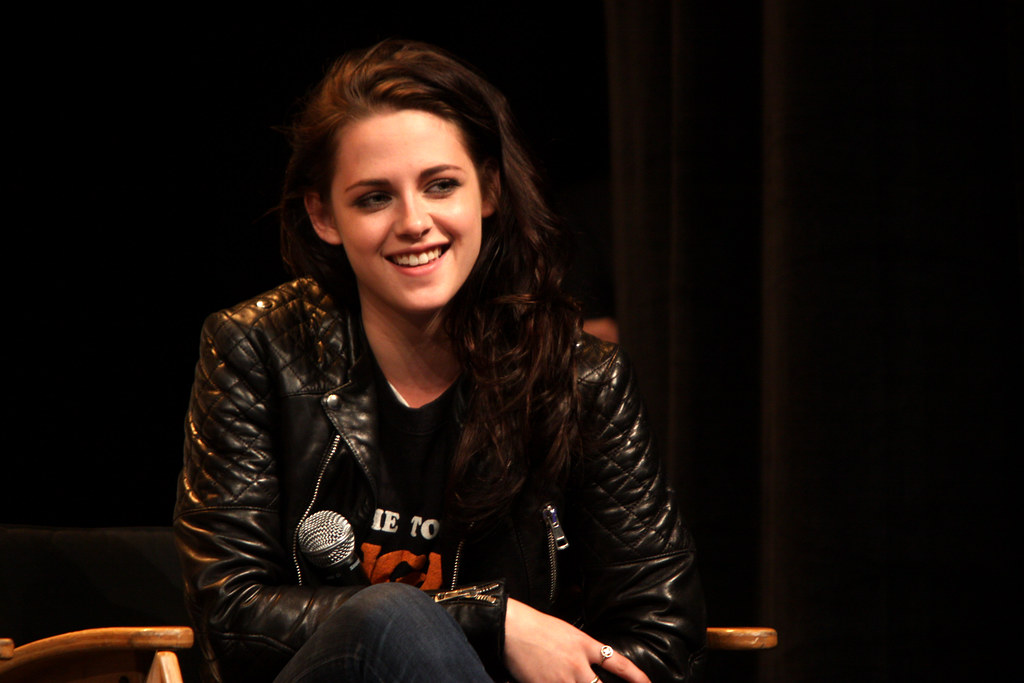
4. **Kristen Stewart**: Kristen Stewart, known for her candidness, revealed that early in her career, she encountered an “old school mentality” that advised her against discussing her personal life publicly. This prevailing mindset suggested that revealing her true self could negatively impact how people perceived her, potentially jeopardizing her professional opportunities. The unspoken rule was to keep her private life strictly separate from her public persona.
The advice she received was startlingly direct and came with a clear implication for her career trajectory. Kristen shared that she was explicitly told, “‘If you just do yourself a favor and don’t go out holding your girlfriend’s hand in public, you might get a Marvel movie.’” This shocking piece of advice clearly laid out a conditional path to blockbuster success that hinged on hiding her romantic relationships.
Her response was unequivocal, demonstrating her integrity and refusal to compromise her authentic self for roles. “I don’t want to work with people like that,” Kristen declared, making a powerful statement about her values. She has consistently chosen to live openly, rejecting the notion that her personal life should be censored to fit outdated industry expectations, becoming a notable figure for authenticity.
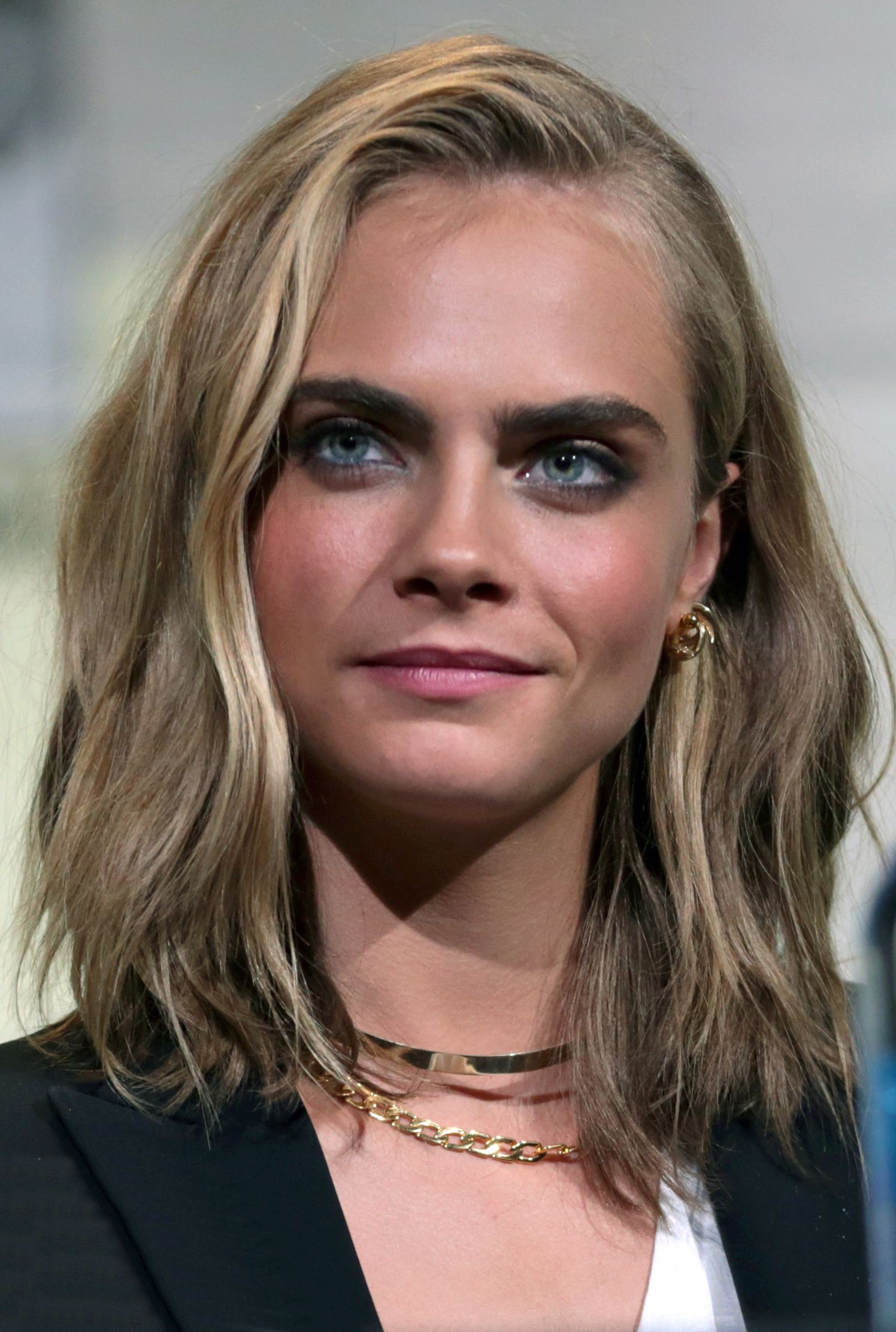
5. **Cara Delevingne**: Cara Delevingne recounted a deeply unsettling experience with Harvey Weinstein, who directly told her that her sexuality would be a barrier to her success in the entertainment industry. She revealed that “one of the first things Harvey Weinstein ever said to me was, ‘You will never make it in this industry as a gay woman – get a beard.’” This explicit advice was a shocking and inappropriate demand to fabricate a heterosexual public image.
Weinstein’s intrusive comments didn’t stop there. Cara detailed how, when she had just begun auditioning for films, he went on to name “people [women] I’m friends with – famous people – and asking, ‘Have you slept with this person?’” These highly inappropriate questions clearly crossed professional boundaries and made her deeply uncomfortable, revealing a disturbing pattern of behavior.
Her immediate reaction to this disturbing encounter was one of disbelief and shock. “I just thought: this is insane,” Cara stated, reflecting the absurdity and unprofessionalism of the situation. Her courage in speaking out against such powerful figures highlights the insidious pressures faced by many LGBTQ+ individuals in the industry, and her refusal to conform is a testament to her strength.
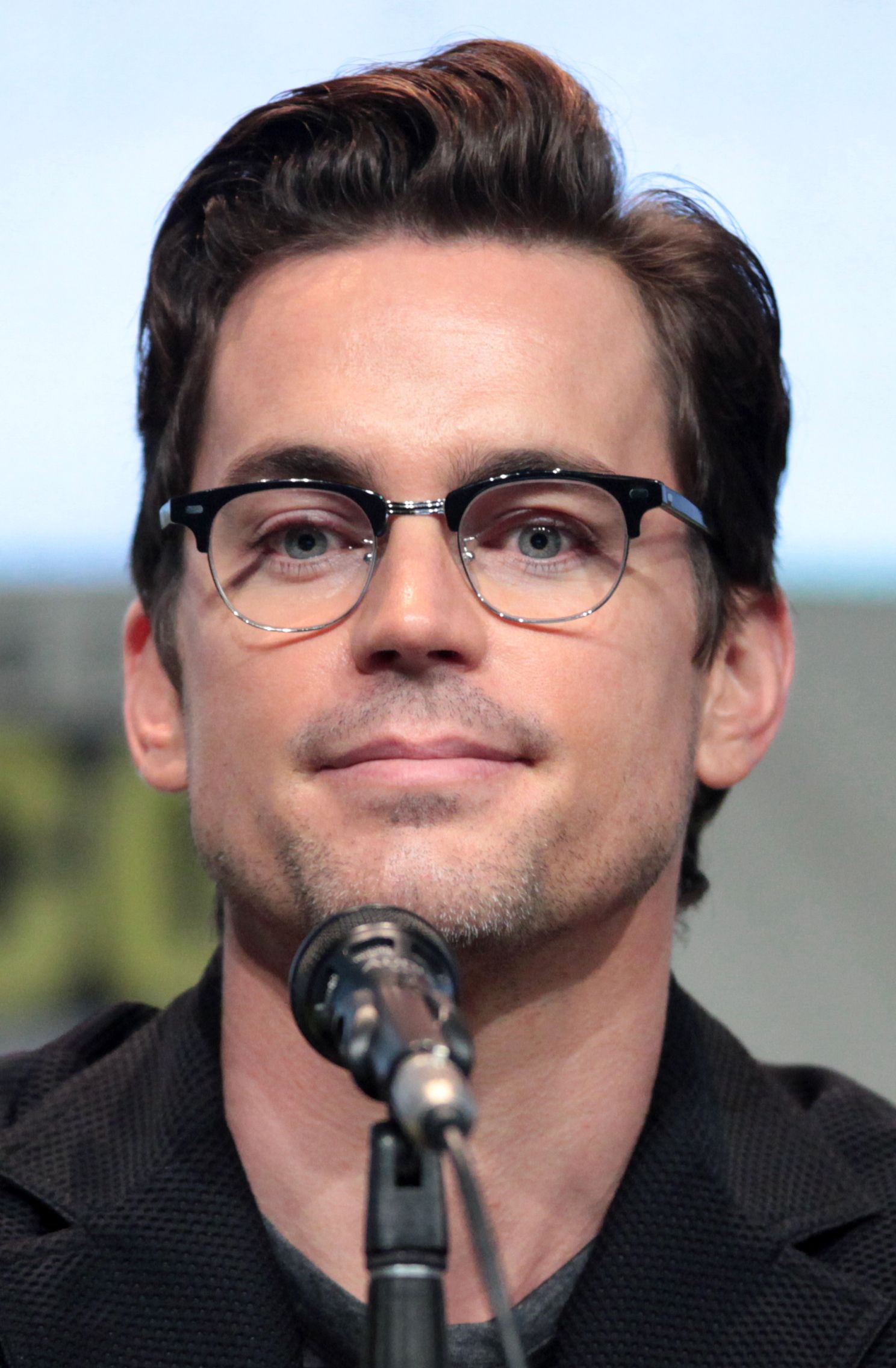
6. **Matt Bomer**: Matt Bomer made the brave decision to come out at a time when doing so was considered incredibly risky for his career. He openly acknowledged that he had a studio film on the cusp of premiering and a television series that was about to launch, making his choice particularly vulnerable to professional repercussions. Despite these significant stakes, he prioritized his truth.
For Matt, being his “almost authentic self, both for my family, and for myself” was paramount, even if it meant potential setbacks. He candidly admitted that to claim his coming out didn’t cost him certain things in his career “would be a lie. It did.” This honest admission underscores the very real consequences that actors faced for being open about their sexuality.
However, Matt emphasized that to him, “that trade-off was worth it.” While he recognized that his journey “hasn’t been some fairy tale—no pun intended,” his decision to live authentically brought him a deeper sense of self. His story serves as a poignant reminder of the personal sacrifices made by many to simply be themselves in a demanding industry.
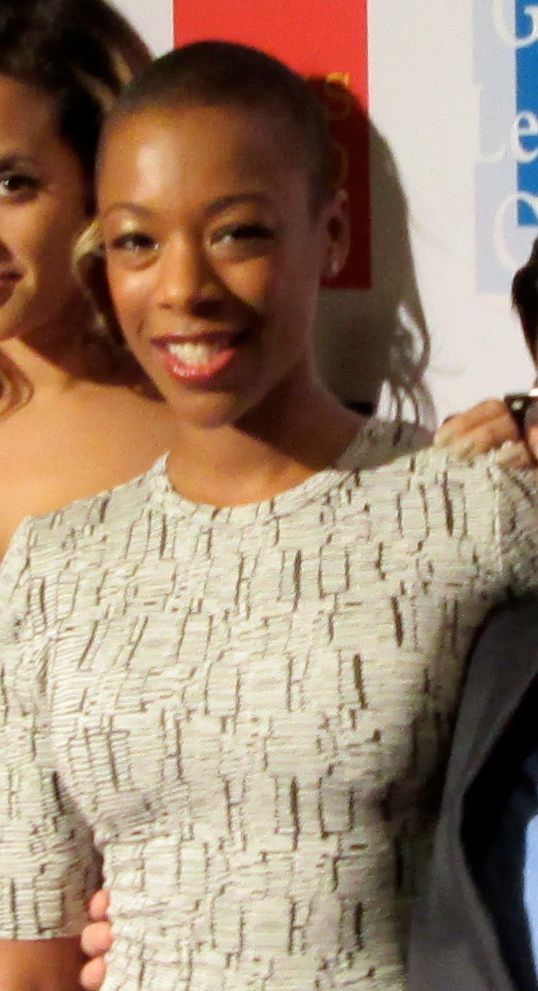
7. **Samira Wiley**: When Samira Wiley was just embarking on her career, she faced pressure and received advice encouraging her to hide the fact that she was a lesbian. Like many others, she initially believed that being open about her sexuality would prevent her from achieving her professional goals. “My thinking was that I wouldn’t get there if I was out and open about who I was,” she recalled.
The advice she received was remarkably unconventional and revealed the lengths people went to in order to maintain a facade. Samira even shared a bizarre suggestion: she could pretend to date her gay male best friend to cover up both of their sexualities. “Maybe you guys can act like you’re a couple? You guys can walk red carpets together. Then neither one of you has to come out and everything will be fine,” was the audacious proposition.
Initially, the idea seemed plausible due to the immense pressure, with Samira admitting, “For real, I was like, ‘Oh yeah, maybe we could do that?’” However, over time, she came to a profound realization: being authentic was “the key.” Her journey became one of liberation, as she understood, “‘No, you don’t have to do any of that!’” Samira’s experience is a powerful narrative of self-discovery and rejecting external expectations.
Authenticity Unleashed: Showcasing seven more inspiring LGBTQ+ icons who challenged Hollywood’s conventional norms, highlighting their journey to self-acceptance, the impact of their visibility, and their lasting influence on the entertainment landscape and beyond.
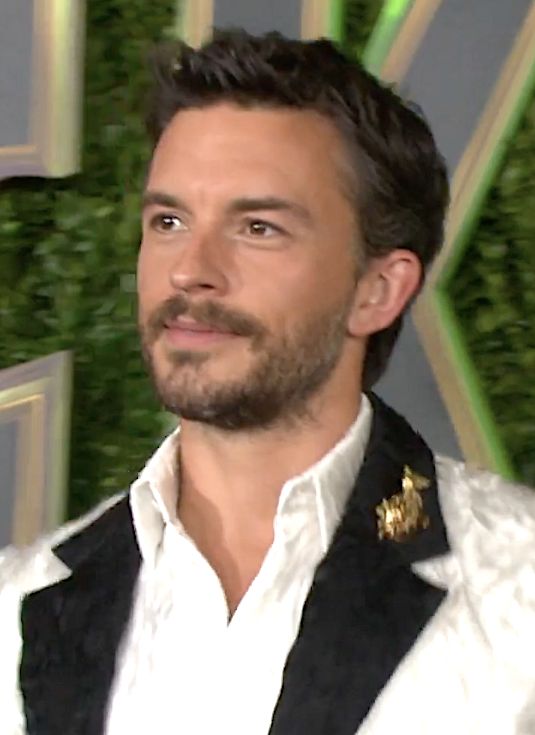
8. **Jonathan Bailey**: “Bridgerton” star Jonathan Bailey revealed that most of the conversations he’s had where he was told to stay in the closet were surprisingly with other gay men. This particular nuance adds a complex layer to the pressure, suggesting that sometimes the most conservative advice can come from those within the community who have themselves internalized fear or experienced past discrimination. While he listened to what they had to say, Jonathan made his own definitive decision when it came to publicly discussing his sexuality.
He recounted facing explicit warnings from both publicity professionals and casting directors, who would even call his agent to imply that his openness would pigeonhole him or affect his eligibility for certain roles. There was a clear implication that “the way that this is going to be sold is that it’s a gay story written by gay writers for gay actors. So by just taking the role…” This sentiment revealed a deeply ingrained “sense of shame” that he observed as “palpable throughout gay men within the industry,” a subtle yet pervasive pressure to conform to a more ambiguous public image.
Despite navigating these intricate pressures, Jonathan chose authenticity, breaking free from the notion that his identity should be a barrier to his artistic expression. His powerful decision to live openly, even when advised otherwise by peers, underscores a critical shift towards an industry that values genuine self-expression. It’s a testament to the fact that the courage to be seen, truly seen, can inspire widespread change and dismantle long-held biases in Hollywood.
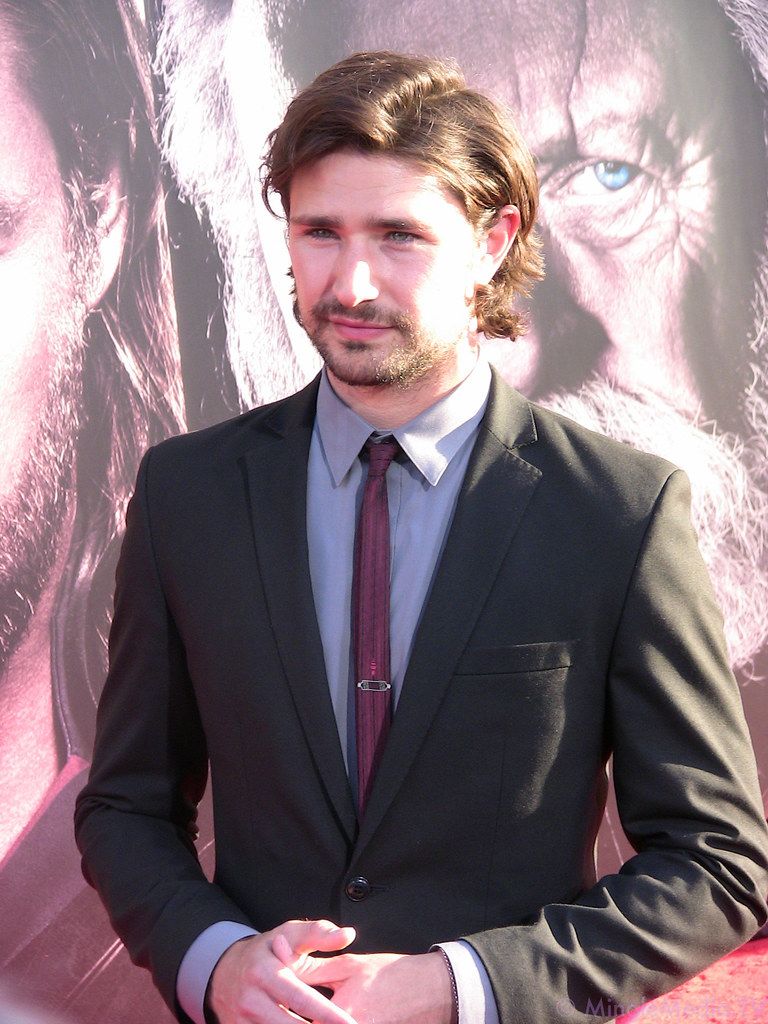
9. **Matt Dallas**: *Kyle XY* star Matt Dallas has candidly spoken about the immense pressure he endured for many years, being explicitly told that an openly gay actor could not achieve success in Hollywood, particularly in front of the camera. This constant directive forced him to maintain a fabricated straight persona, often requiring him to appear on red carpets with a female companion. The fear of ruining his career was so profound that it led to a significant and lasting disconnection from his authentic self.
The psychological toll of this enforced secrecy was immense and, as Matt reveals, continues to affect him to this day. He openly admits that the constant fear of appearing “too gay” or “acting too gay” was “so drilled into my brain” that he still grapples with these self-censoring thoughts in his daily life. This internal battle highlights the insidious and enduring impact of such industry pressures, revealing how deep-seated anxieties can linger long after an individual has chosen to live openly. It’s a stark reminder that the journey to full self-acceptance often extends far beyond the moment of coming out.
Matt Dallas’s journey serves as a poignant illustration of the long-term emotional and psychological consequences of professional suppression within an industry obsessed with image. His courageous decision to finally come out not only liberated him from the confines of a hidden identity but also adds a vital voice to the ongoing conversation about the historical prejudice within Hollywood, advocating for a future where genuine acceptance paves the way for all artists to thrive without fear.
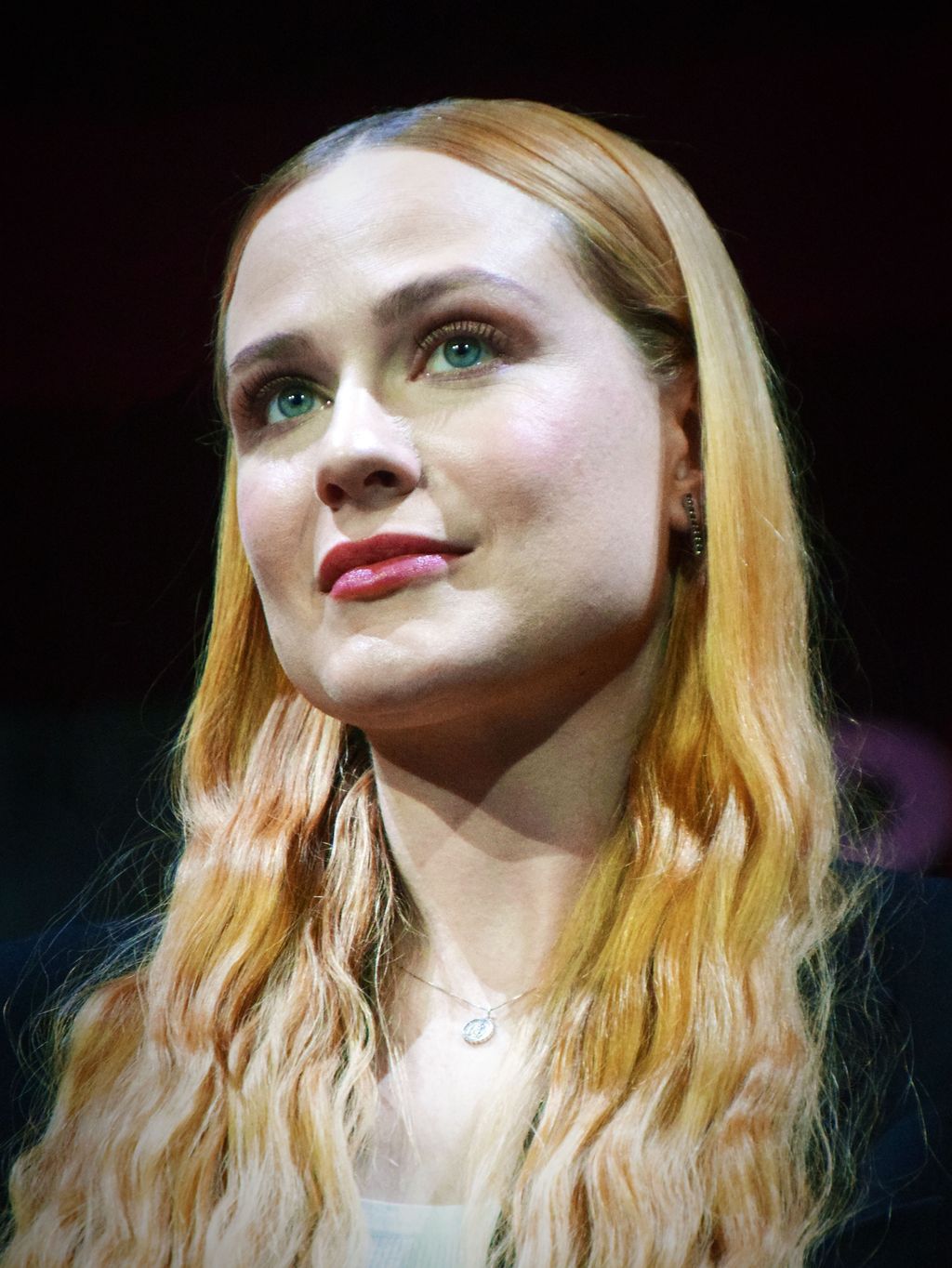
10. **Evan Rachel Wood**: When Evan Rachel Wood came out as bisexual in 2011, she found herself facing a significant amount of unsolicited advice, with many people warning her against the decision. The primary concern articulated by these advisors was that openly identifying as bisexual would make her “less desirable to men,” a perception they believed would directly “limit her career opportunities” and negatively impact her ability to secure leading roles, especially in projects designed to appeal to broader audiences. This highlights a troubling, yet pervasive, industry belief that an actor’s marketability is directly tied to a heteronormative ideal.
However, Evan Rachel Wood’s experience powerfully defied these grim predictions. She proudly stated, “Nothing happened that people told me was going to happen,” proving that her authenticity did not lead to the professional downfall many had forecast. Instead, her openness led to an unexpected and profound sense of community. “You might be leaving one community behind but you’re getting embraced by another,” she insightfully observed, finding powerful solidarity and acceptance within the LGBTQ+ community and among its allies.
Her journey is a compelling testament to the power of visibility and self-acceptance in the face of outdated industry pressures. By refusing to compromise her true identity for perceived career gains, Evan Rachel Wood not only maintained her successful career but also emerged as a vital feminist force and an eloquent advocate for authenticity. She continues to use her platform to share her story, transforming empathy into vulnerability, and demonstrating that being truly seen can be an incredibly powerful act for both personal liberation and widespread social impact.
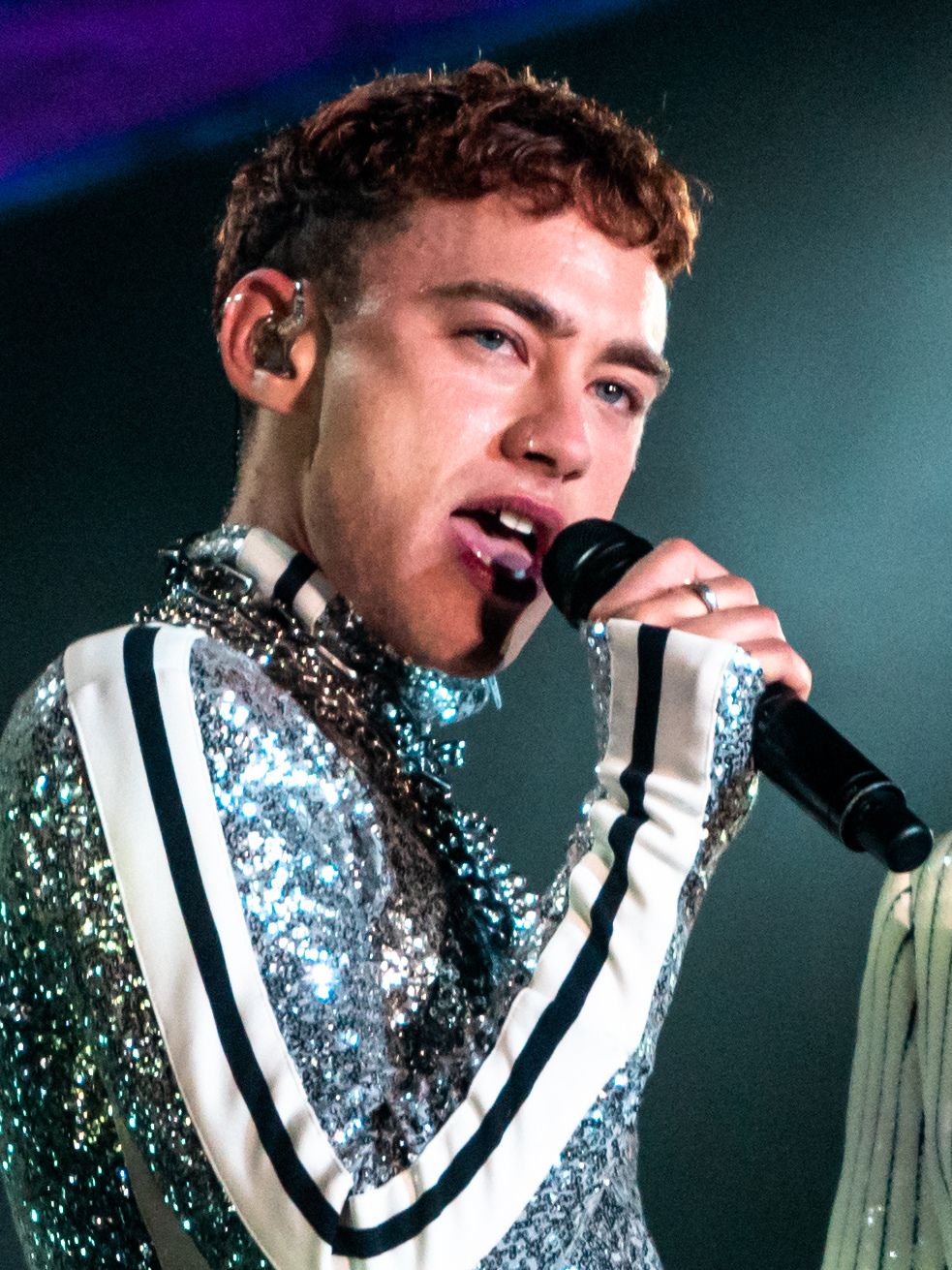
11. **Olly Alexander**: Years & Years singer Olly Alexander encountered a familiar industry hurdle during his early media training sessions, where a professional explicitly advised him against answering questions regarding his sex life. This counsel, although perhaps offered with the good intention of safeguarding his privacy or perceived marketability, implicitly suggested that his sexuality was a topic best kept under wraps, or at least not openly discussed, to avoid potential complications or public scrutiny for his burgeoning music career.
Despite this professional advice, Olly’s profound resolve to live as his authentic self superseded any industry directive. He powerfully articulated that he felt he owed it to his “15-year-old self,” who had spent years hiding, to no longer conceal his true identity. Thus, when a journalist directly asked about his sexuality, he courageously responded with an unequivocal “Yes, I’m gay, and this song is about a man.” This direct and honest declaration resonated not only within himself but also sparked an “incredible response” from his rapidly growing fanbase.
The overwhelmingly positive reception he received underscored a crucial point: that authenticity and vulnerability often forge deeper connections with audiences than any manufactured public image ever could. Olly Alexander’s decision to defy conventional media training not only liberated him personally but also established him as a significant and visible figure for LGBTQ+ youth worldwide, powerfully demonstrating that openness and truth can lead to profound artistic and personal success, enriching both the artist and their audience.
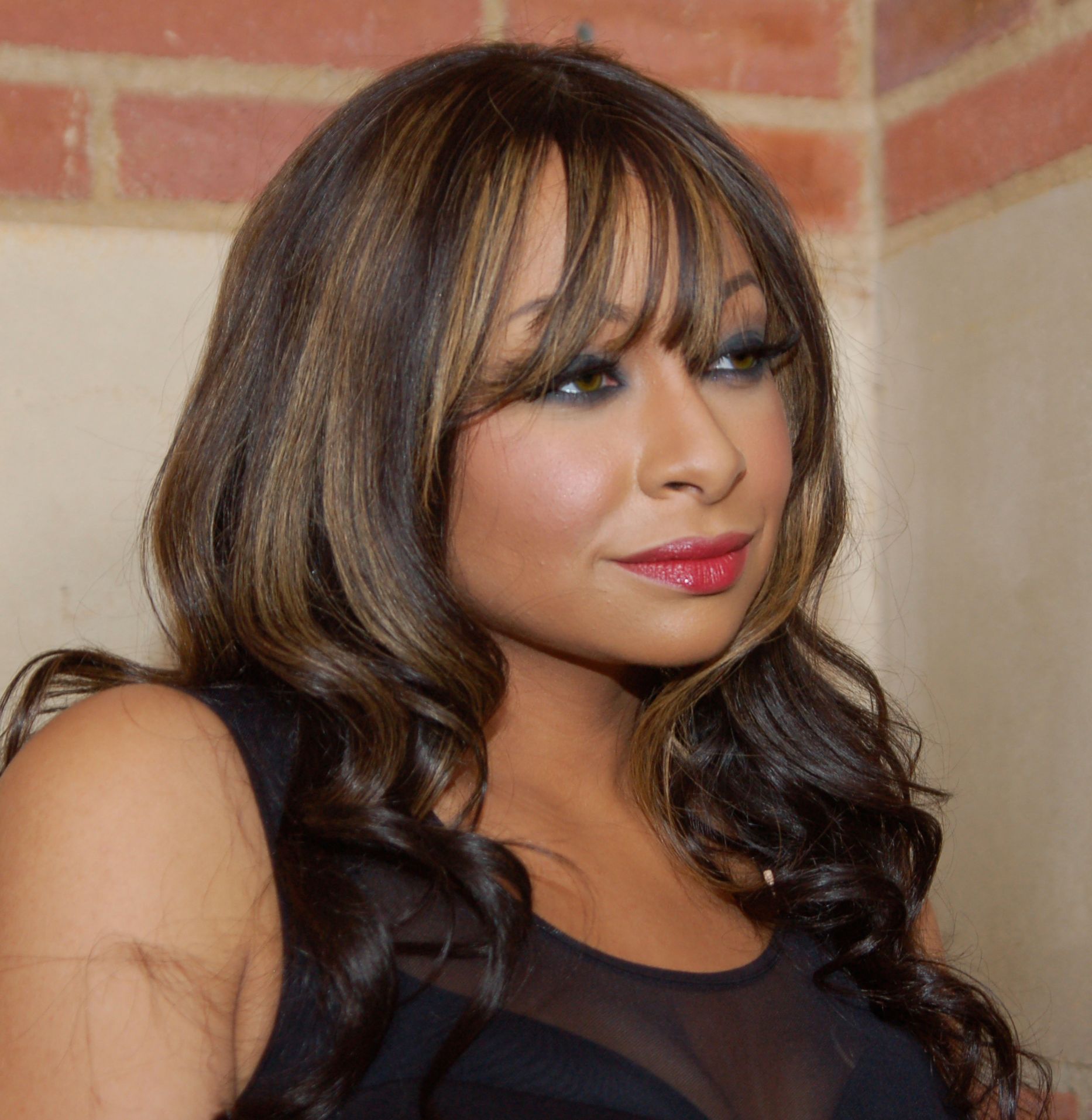
12. **Raven-Symoné**: Raven-Symoné, a celebrated star from a young age, has openly discussed the immense difficulty she faced in coming out as queer, largely due to intense media pressure and the very real fear that her sexuality would irreparably damage her carefully constructed personal brand. She famously articulated the industry’s expectation by stating, “I never thought I would come out because my personal life didn’t matter. It was only supposed to be sold as, you know, a Raven-Symoné record.” This stark revelation underscores the deep-seated pressure on public figures to maintain a meticulously controlled and often fabricated public image.
During her formative years, the prevailing narrative surrounding being gay was overwhelmingly negative, which fostered a deep reluctance in her to confront her own identity publicly. “If you don’t see other people going through it in a positive way, why would you say anything?” she reflected, highlighting the critical absence of positive LGBTQ+ representation that might have otherwise encouraged her to be open sooner. This challenging environment cultivated a sense of isolation and a strong desire to avoid dealing with her personal truth in the public eye.
Even as she transitioned into her adult career, the pressure to conform persisted. She recounted a particularly jarring incident during her *That’s So Raven* years when a team member criticized her appearance, specifically her “stereotypical lesbian vest,” and explicitly urged her mother to make her wear skirts and makeup. The justification was that this would make her “accept her and come to her concert.” Raven-Symoné, however, responded with bold defiance, famously going onstage in a tutu just to spite her managers, firmly asserting her individuality and paving her own path to self-acceptance and profound visibility. She has since embraced self-labeling on her own terms, identifying as a “human of the world” rather than conforming to historical connotations of labels.
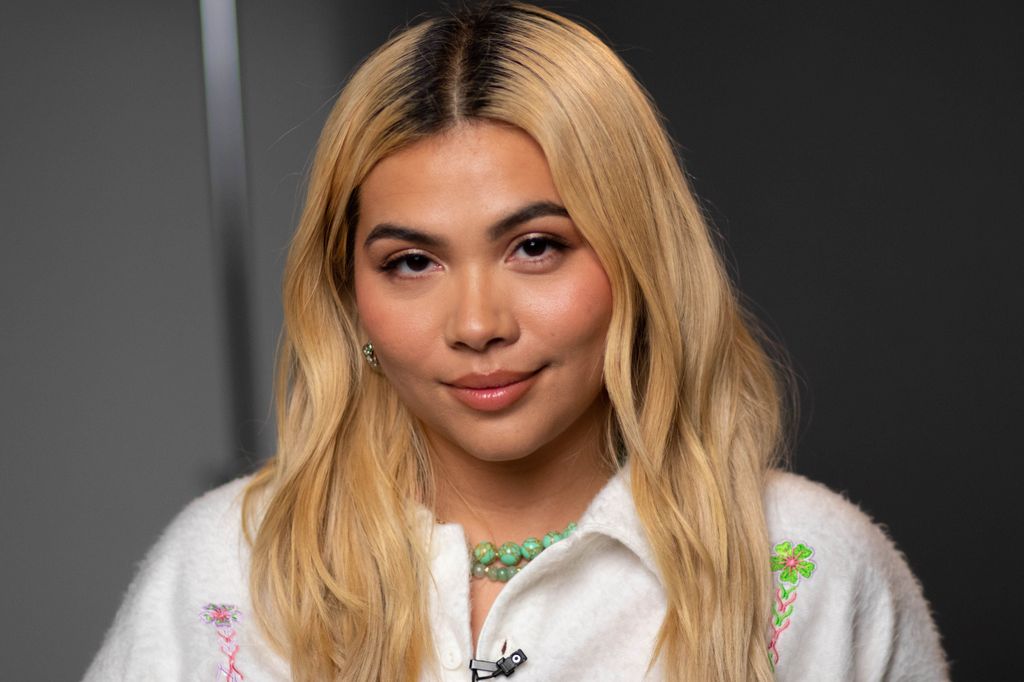
13. **Hayley Kiyoko**: Hayley Kiyoko, an influential singer who has openly shared that she knew she was a lesbian since the tender age of six, encountered direct pressure to “tone down” her sexuality following the release of her impactful 2015 single, “Girls Like Girls.” This advice stemmed from a prevalent, yet often unspoken, industry belief that overt expressions of LGBTQ+ identity in mainstream music could be perceived as “too violent and too sexual” for broad appeal, particularly for coveted radio airplay and widespread commercial success.
Her experience sheds light on a significant and persistent barrier for LGBTQ+ artists in the music industry: their work is frequently relegated to “underground and left-of-centre” circles, primarily listened to by a “selective core,” rather than enjoying mainstream radio rotation alongside their heterosexual peers. This marginalization underscores a broader industry hesitancy to fully embrace queer narratives, often out of a misguided fear of alienating a wider audience, despite a growing demand and thirst for diverse voices and authentic representation.
Hayley Kiyoko, however, courageously views this current era as an “exciting time” to actively dismantle these “barriers of… judgment” and break free from the limiting “box” that the industry has often placed LGBTQ+ artists into. Her unwavering perseverance and continued unapologetic expression of her identity, both in her music and public persona, have made her a powerful voice and a beacon of hope for countless fans, pushing relentlessly for a more inclusive and truly representative music landscape where authenticity is not just accepted, but celebrated.

14. **Amber Heard**: Bisexual actress Amber Heard candidly shared that when she made the courageous decision to come out, she was met with dire warnings from almost everyone in her professional circle. She was explicitly told, “You’re throwing it all away. You can’t do this to your career,” an intense pressure designed to dissuade her from living authentically and to maintain a manufactured image. This highlights the perceived professional suicide associated with being openly queer in Hollywood, particularly for women who were historically marketed based on their appeal to male audiences.
Her resolute response, a defiant “I cannot do this any other way. Watch me,” encapsulates a powerful rejection of industry expectations and a profound commitment to her personal truth. Amber Heard recognized the immense importance of providing visibility for young people who lacked role models, stating her clear intention “to describe reality in a truthful way and to offer young people someone to look up to, since those of my generation had grown up without any model of reference.” She understood that her visibility could offer comfort and validation.
Beyond her own coming-out journey, Amber Heard has also emerged as a vocal critic of the perceived limitations of labels like “LGBTQ.” While acknowledging their historical function as a necessary “shield” for marginalized communities, she argues that such labels can lose their efficacy due to the “nuanced nature of humanity,” potentially becoming restrictive. Her journey and outspokenness solidify her as an icon who not only challenges prevailing industry norms but also prompts deeper, vital conversations about identity, representation, and the evolving landscape of societal acceptance.
As we’ve journeyed through these incredible, deeply personal stories, one powerful truth becomes brilliantly clear: the path to authenticity in Hollywood has been anything but easy for these LGBTQ+ stars. From the subtle nudges to the outright, explicit demands to conceal their identities, these individuals faced immense pressure, often risking their careers and public perception for the sake of living their truth. Yet, their unwavering courage has not only liberated them personally but has also profoundly reshaped the entertainment industry, making it a more inclusive, vibrant, and reflective space for all. Their powerful visibility inspires millions, proving that genuine self-expression is not just a personal victory, but the ultimate, most dazzling success story in the limelight.



